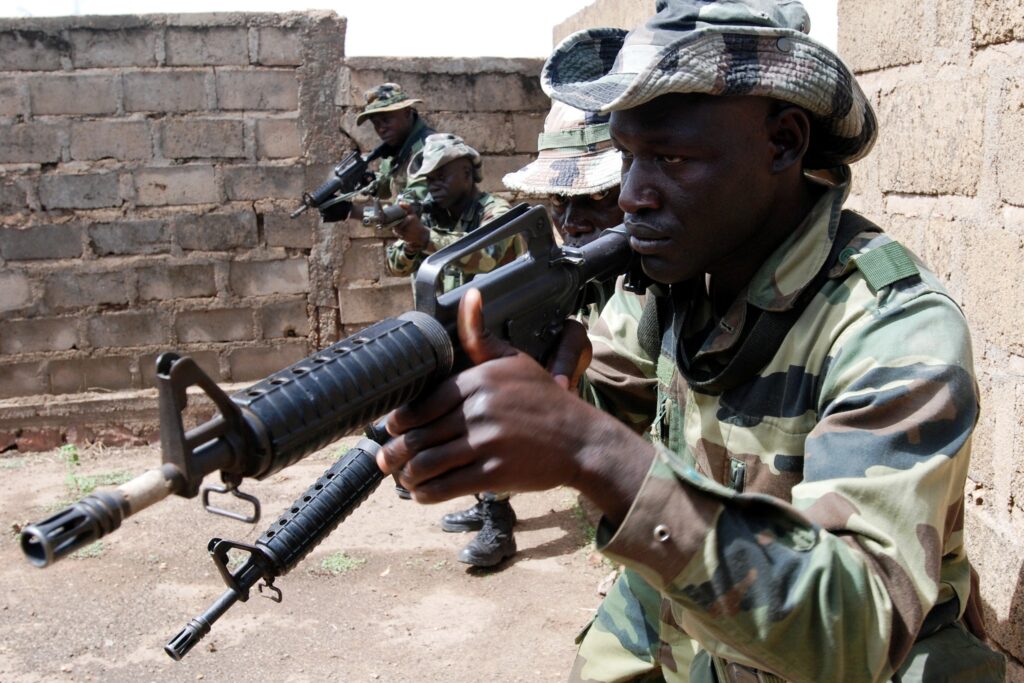The Malian Armed Forces reported Monday that they had successfully repelled a major assault on a military camp in Timbuktu, foiling what could have been a deadly infiltration by jihadist fighters. The army confirmed that 13 assailants were killed in the clash, and that arms and vehicles had been seized during the operation.
According to local officials and eyewitnesses, the attack began with a car bomb detonation in the city centre early in the morning, followed by intense gunfire near the targeted military installation. Security forces quickly mobilized, bringing the situation under control within hours.
Jihadist Group Claims Responsibility
The al-Qaeda-affiliated militant group Jama’at Nusrat al-Islam wal-Muslimin (JNIM) claimed responsibility for the attempted raid—its second major operation in as many days. On Sunday, JNIM fighters overran a military base in Boulkessi, in central Mali, killing more than 30 Malian soldiers, according to security sources. The Malian military later acknowledged it had been forced to retreat but did not confirm the reported death toll.
This latest wave of violence adds to a growing tally of jihadist attacks across Mali and its Sahelian neighbors. On May 24, JNIM claimed it had killed 40 soldiers in a separate assault on a base in Dioura, also in central Mali.
Sahel Region in Crisis
JNIM’s recent offensives form part of a broader surge in jihadist activity across the Sahel, where military-led governments in Mali, Niger, and Burkina Faso—each having seized power through coups between 2020 and 2023—are struggling to suppress the ongoing insurgency.
Regional security analysts report that more than 400 soldiers have been killed across the three countries since the start of May alone, highlighting the intensity of the crisis. Despite efforts to launch joint counter-insurgency operations, the junta-led governments have been unable to curtail the escalating threat.
As insurgent groups continue to challenge state authority and inflict mounting casualties, international concern is growing over the future stability of the region.


